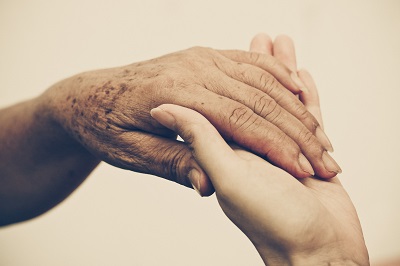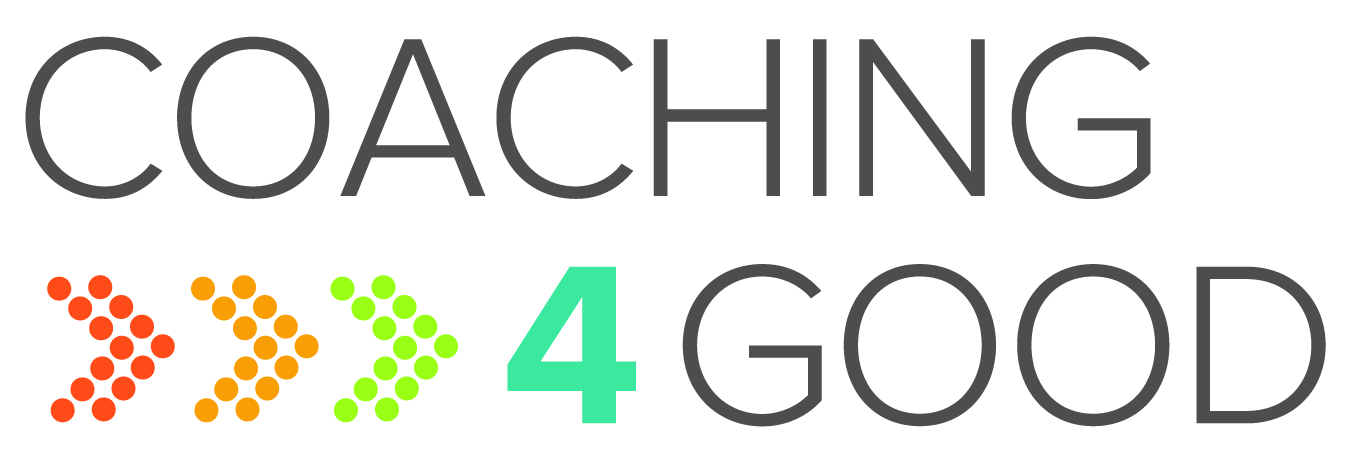
I have been thinking a lot about empathy lately. Some of it is due to the work I do on a daily basis as a career development and leadership coach. Mostly, though, it has come up for me due to recent developments in our country. Empathy seems to be disappearing from our lives and it is time to address it.
I am blessed to be able to do the work I do!
I have had the opportunity to work with individuals across the country…
from those just launching their career…
to those in the C-suite…
to those looking to design their ‘third act’ as the end to their traditional career path…
and all kinds of individuals in between.
Their feelings range from stuck, overwhelmed, lost, and frustrated to energized, engaged, driven and focused. The personal and professional experiences of these individuals vary widely. Some individuals seem to mirror a place I have been in my career, but many others are experiencing situations that I have never encountered.
As you may be able to tell, empathy plays a huge role in what I do. Here’s how I define empathy:
Empathy is the ability to identify with or understand another individual’s perspective, experiences, feelings or motivations.
While I have not directly experienced many of things my clients have, I can identify with their perspective or feelings or motivation in order to help them move forward. While empathy is woven into my daily life, I see it increasingly leaving others’ lives. This leads me to ask: where has the empathy gone?
Issue: Disconnected from Others
One possible answer is that we have disconnected from one another through the use of technology. Technology allows us to segment our lives and focus on those who are most like us. I fear we have hidden ourselves in a bubble, and often only interact with those individuals who are like us, so much that we no longer feel empathy for those whose situations, experiences or perspectives differ from ours.
As I was thinking about this bubble we often put ourselves in, I was reminded of a book I recently read, How to Live a Good Life by Jonathan Fields. It was gifted to me from a client and has given me wonderful perspectives not just in my work with clients, but in my personal life as well. In this book, Fields talks about empathy and compassion. He defines compassion as:
“The ability to step outside our self-interest, stand in another person’s shoes, feel that person’s suffering and want to do something to make it better. If you had the ability to see others as you see yourself, to feel their burden, their suffering, their pain, the weight of their history, would that not soften your view of their behavior? Would it make it more difficult to stand on the sidelines while they suffered in defeat or pain or crisis? . . . Of course it would . . . we’re all born wired for compassion.”
Empathy is that trigger for compassion to help others. So, if compassion is innate, what is happening? It is the loss of seeing others as human beings. As Fields says,
“You cannot treat others with the force of malice and violence and prejudice we’re now seeing unless you first lose the ability to view them as human. Unless empathy has left the building.”
Issue: Unable to See Others as Human Beings
More and more, we don’t connect at a human level with others, especially others who are different than us. We connect via social media and technology, but those vehicles are not helping us see each other as humans. When we only surround ourselves with those who are like us and whose experiences mirror our own, the more insular we become. When we become more insular, we lose the ability to see others who are different than us as human beings. We lose the ability to empathize with their plight, their experiences, their pain. I am seeing this happening in the workplace, in lives and in communities.
Idea: Start Connecting Face-to-Face
I recognize not everyone has the opportunity that I do – to have a job where empathy and connection are a key part of my work. Here are a few ideas that anyone can do:
- Start having real conversations and connections with others.
This might be face-to-face or over the phone. Find ways to connect with others without using technology that you can hide behind as a shield. While talking on the phone, use FaceTime, or Skype – a technology that helps provide more connection than a text, tweet or social media post. - Start listening… really listening… active listening.
This means listen to another person express her experience or perspective without interruption, concentrating on what she is saying without turning your attention to your internal argument of why she is wrong. This also means reflecting back to the person what you heard for further clarification. It is asking clarifying questions instead of making declarative statements.When is the last time you had a conversation with someone who was different than you and really listened?
- Try a mindfulness practice.
Fields mentions a 2013 study from the University of Wisconsin-Madison which showed that a simple, daily loving-kindness practice increased empathy and made people more altruistic. The mindfulness practice does not have to be long to be effective and to develop this ability. I know when someone told me to try a mindfulness meditation, my first response was, “I don’t have time in my day.” However, I found one that is 7 minutes long. I have 7 minutes in my day to do something positive for myself and helps me be a more positive being in other people’s lives. Fields has an amazing loving-kindness meditation practice in his book. It is based on intentions for you and others being free, happy and healthy and living with ease. Find a mindfulness practice that works for you! There are so many available. You will more likely stick with one that works for you.
Bringing Humanity Back with Empathy
Our mantra at Coaching 4 Good is that we are bringing humanity back to the workplace. This statement encapsulates many things. We want to help individuals understand that they are not just an employee or a leader at a company. Rather, they are a human being with their own unique emotions, perspectives, stories, behaviors, values, etc. Their humanness adds a lot of complexity to the way they do their job and how they interact with others. We also want to help individuals connect with one another on a human level. This starts by doing the inner work to understand the behaviors, thought patterns and ideas that have shaped their lives and are now impacting their careers. Empathy is huge component of this work.
As you can tell, I’m passionate about empathy and the ways we can all benefit by leading with it. Empathy is a skill. Sadly, we are not utilizing this skill very often right now. It does not have to be that way! We can all begin to build empathy back into our lives. We need to. It is no longer optional.
Amy Wolfgang
Amy Wolfgang is a career coach who founded Wolfgang Career Coaching and co-founded Coaching 4 Good. She brings over 15 years of corporate and coaching experience to help organizations boost employee engagement while simultaneously helping her clients excel in their careers. She is a certified PCM (Professional Career Manager) and has a Master’s degree in Educational Psychology from The University of Texas at Austin.








Stay In Touch